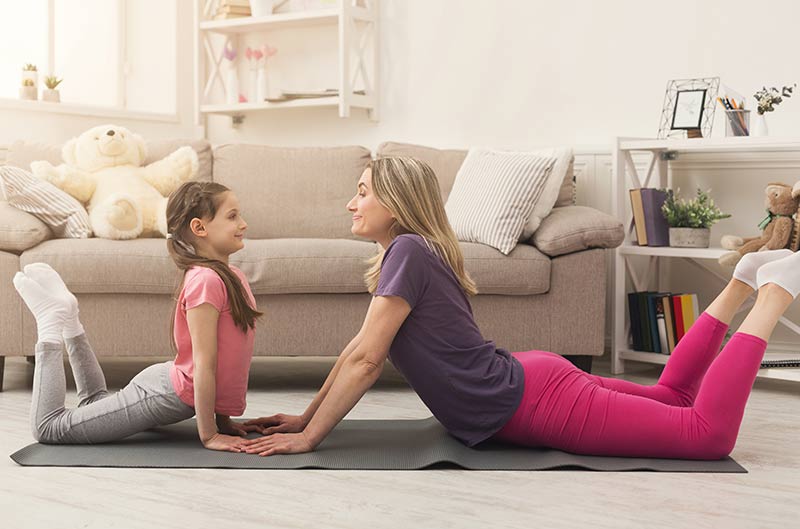
Promoting Health Through Play
Author: Austin Stanfel</p
For the last 50 years, American children have been getting heavier on average at a slow rate, which has now reached a crisis point. The number of children overweight has tripled since 1980, and 10 percent of them are considered obese. The lack of exercise is a direct connection to childhood and adult obesity, which can cause various health ailments. Educators and health experts have since created different strategies to intervene on any child who may be getting overweight by installing long-term physical education to increase activity in class. In turn, if they are encouraged to work out in a class, it can carry over to engage in physical activity outside of school.
A child’s physical development is about moving, coordinating, and controlling their body. Growth can be split into two types of skills: gross motor and fine motor. Gross motor skills control the main limbs, the arms, and legs; excellent motor skills involve the hands and fingers. Parents can create growth in physical play and let them make new skills while also promoting a healthier eating lifestyle in these childhood years. For example, parents can take their children for walks and visit parks. They can discourage lengthy TV and video game use, restricting how long they play inside. With pre-schoolers, parents can give them the first extension of their limbs by stretching limbs and wiggling their toes and fingers.
How to remedy this?What comes out are the positive results from the play: manual dexterity, corrective balance, and a high level of physical fitness. Played within the natural environment, the dramatic benefits for all sectors of child development are constructed within. Playing promotes confidence, decision-making, and social skills. Encouraging unstructured play could be done to increase physical activity and counter the rising obesity epidemic in their 60 minutes of free time. Children also want to be challenged and take risks to find out their limits. Thus, they learn form any mistake they make, try again, and give them to freedom to do anything.
Parents themselves can directly play with their children for fun. A parent can support and be part of their child’s play without forcing the issue or result. Parents must give them a choice to play, and when and what game. Parents should not make all the decisions because the child won’t enjoy playtime. Influencing them and encouraging them to do athletic feats will get them to swim, ride a bike, skate, throw or kick a ball, and run around. Play must be dictated as fun and not a boring hobby under strict guidelines.
Playing is natural and should be enjoyable for children to keep active, healthy, and happy. Unrestricted play helps children to achieve a healthy development in all factors, namely, to fight obesity and any social shortcomings that could follow. For children to have good physical and mental health, the different types of unstructured play engaged birth to teenage years permits them to be physically free and uncover what hidden talents they have.

